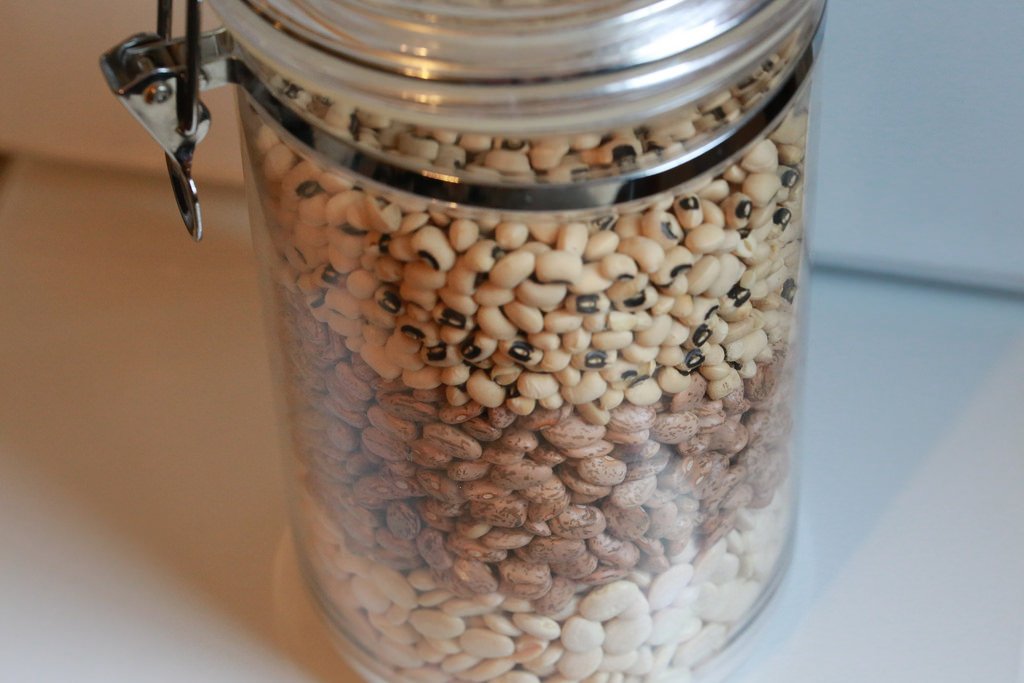
Do you find yourself eating more than intended at a meal? Do you know someone who snacks on unhealthy foods often, even when they aren’t hungry, and often in secret? These could be the signs of a food addiction and is a real and treatable mental health condition. Here are 5 things you should know about food addiction.
 Photo by infomatique
Photo by infomatique
1. Is it Really an Addiction?
 Photo by avlxyz
Photo by avlxyz
We’ve all heard about addictions to drugs, alcohol, gambling and even gaming. But can we really be addicted to food? As it turns out, foods that are particularly high in fats, salts and sugars affect the reward and pleasure systems in our brain in the same way that other addictive substances do. As a result, our habits around food can become unhealthy as we seek this feeling of pleasure which can then lead to an addiction.
2. Types of Food Addictions
 Photo by Sam Howzit
Photo by Sam Howzit
Food addictions do not necessarily look the same, which can sometimes make them difficult to identify. For some, it may involve overeating meals without intention or realization, snacking a lot during the day on unhealthy foods even when they aren’t hungry or having a habit of binging (eating a lot) and purging (throwing up, taking a laxative or fasting afterwards). Food addiction can also be linked to eating disorders or other mental health conditions.
3. Other Symptoms
 Photo by i eated a cookie
Photo by i eated a cookie
Other symptoms of a food addiction can include secrecy around what is eaten, hiding food, eating at strange times, feeling shame or guilt about eating, eating even when full or failing to control eating habits.
4. Our Relationship to Food
 Photo by C. VanHook Images (vanhookc)
Photo by C. VanHook Images (vanhookc)
One particular complication with food addictions is that we all need to eat. Unlike other substance abuse addictions where the item can be cut out as a part of treatment, those living with a food addiction need to build a positive and healthy relationship to food. Furthermore, food has changed significantly over the years and cheaper, easier options tend to contain more addictive substances like fats, sugars and salts in them than whole, natural foods.
5. Treatment Options
 Photo by USDAgov
Photo by USDAgov
There are treatment options available to address a food addiction, which can include therapy, during which time you will learn how to develop a positive relationship with food.
Featured image Ludovic









